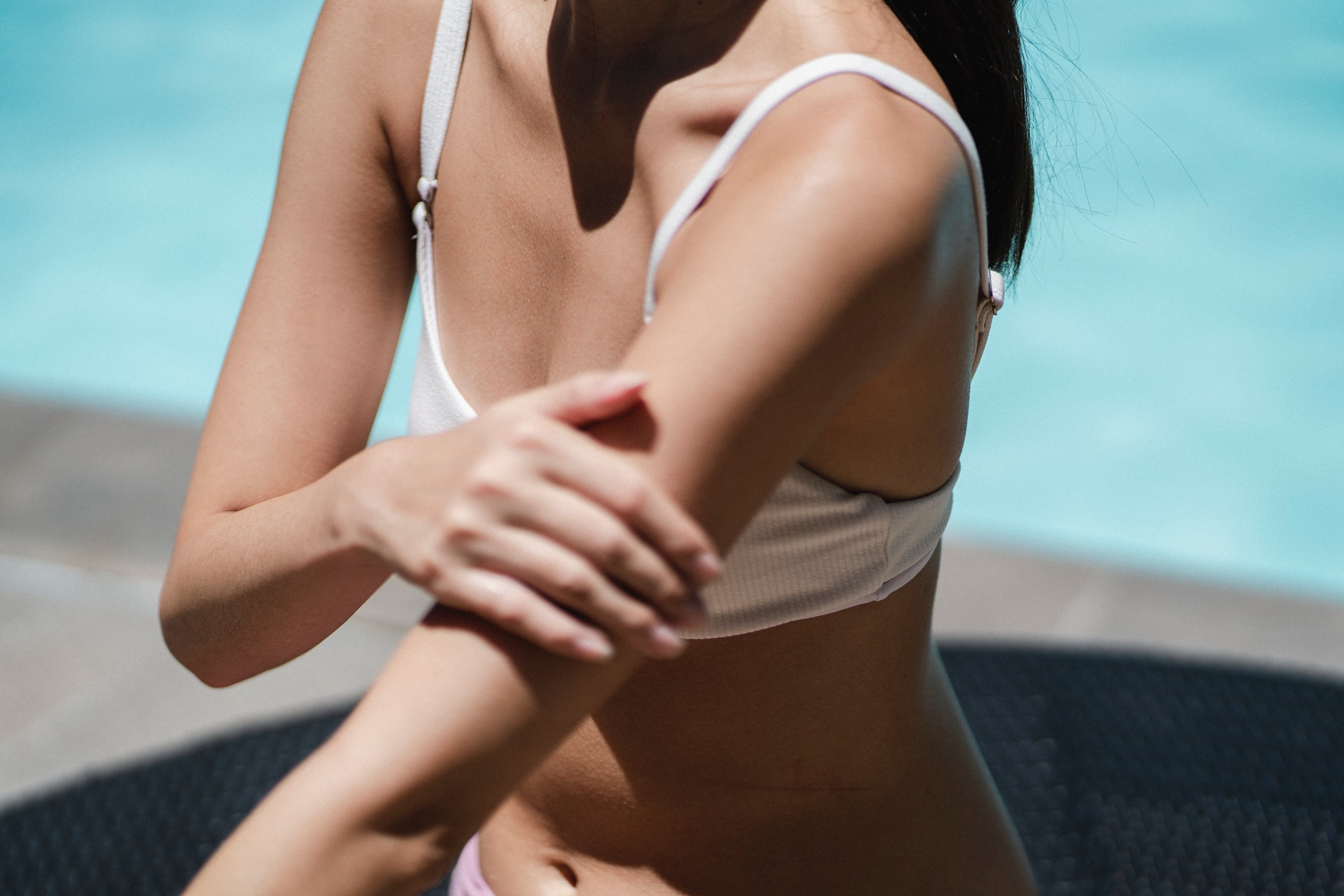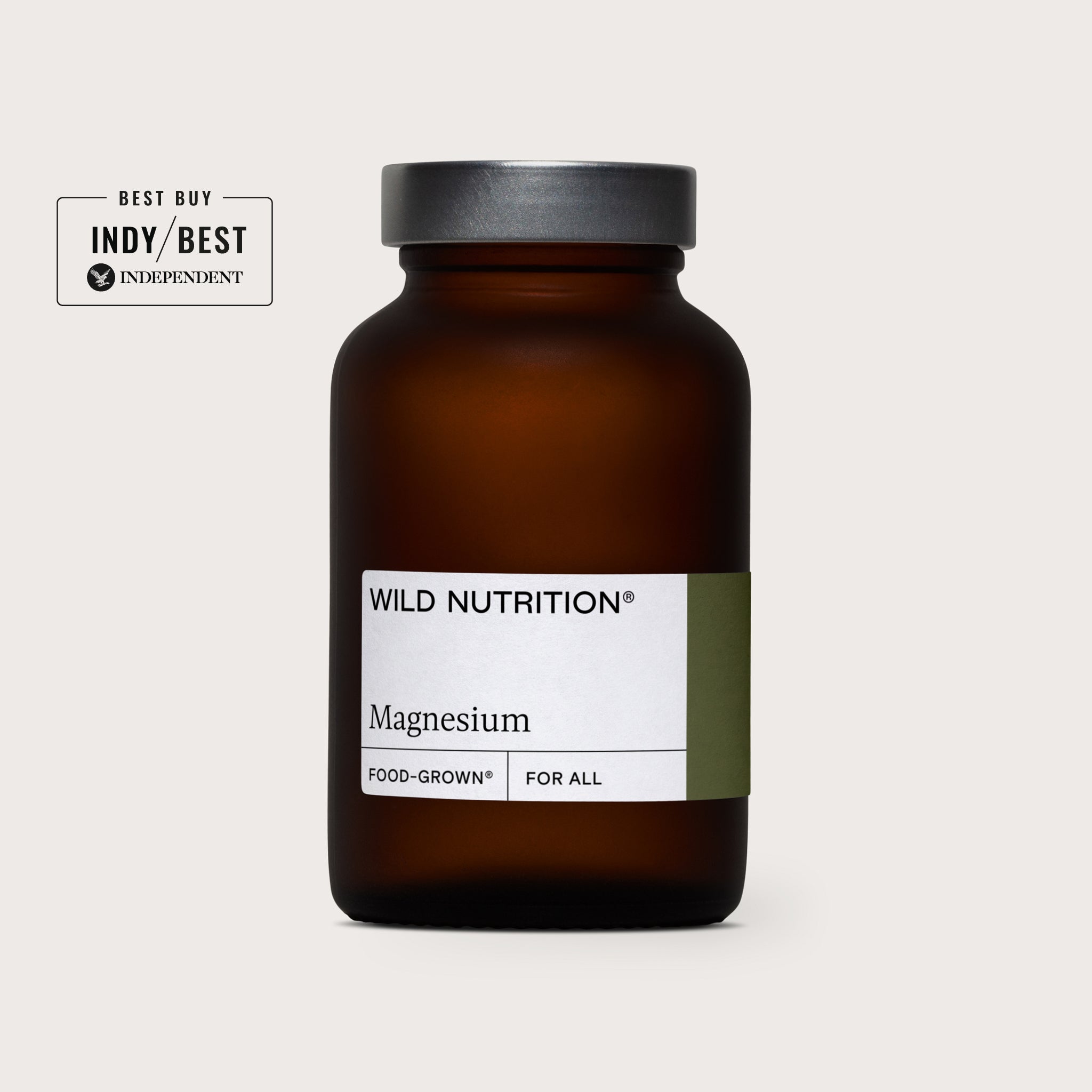
Four smart ways to protect your skin in the sun
Sun protection is more than skin-deep - it's founded on a good diet and healthy lifestyle. If your 'skin nutrition' is poor, most sun creams and lotions won’t work their magic for very long. Here are my four essential tips on how to protect your skin.
BY LORNA DRIVER-DAVIES, HEAD OF NUTRITION
1. Eat right to minimise sun damage
Exposure to sunlight is vital for good health – we cannot naturally produce Vitamin D without it. And if you ever wondered why you feel so good lying in the sun, this is because sunlight helps to support the mood-boosting neurotransmitters serotonin and dopamine.
With such great benefits, regular exposure to sunlight is no bad thing. But be aware that UV light exposure also depletes antioxidant levels, specifically Vitamin E and Vitamin C – these are required for the skin to protect itself.
If your skin soaks up too many rays, this can lead to photodamage (the technical term for skin damage from the sun).
Lorna's tip: To minimise photodamage via your diet, make sure you eat plenty of Vitamin E-rich foods.
These include:
- Nuts
- Seeds
- Avocado
- Spinach
- Asparagus
- Peppers.
Also eat plenty of fruit and vegetables in order to keep your Vitamin C levels topped up.
2. Hydration is vital
Our skin is smart: it can make its own batch of the most amazing moisturiser (better than any you could buy) located in the outer layer of skin known as the ‘stratum corneum’. Basically, this layer protects the skin just like the outer shell of a waxed waterproof jacket.
A major element of this natural barrier is water. If you don’t hydrate enough, you get less protection. This can lead to premature ageing, because the skin is exposed more to the risk of cell damage and inflammation.
Lorna's tip: Drinking two litres of water a day is key. So is cutting down on dehydrating liquids such as tea, coffee and alcohol.
You should also consider upping your daily intake of healthy fats such as Omega-3 (key sources are oily fish and supplementation, such as our Pure Strength Omega 3) as these oils help to maintain our skin’s protective layer.
3. Nutrients to heal your skin
Many factors put serious pressure on our skin: hormones, stress, dietary changes, illness, environment changes can all cause outbreaks. It's how we recover that is important.
Nutrients such as zinc, selenium, Vitamin E and beta-carotene are not only important for our immunity, they also play a vital role in healing our skin.
Zinc is most abundantly found in seafood, and also meat or fish. It’s also found in nuts, seeds and dark green vegetables.
So if you are vegetarian or vegan, your diet could be lower in zinc than you think.
Since zinc and selenium are also required for hormonal balance, regulating sebum (the skin’s natural oil), you can see how valuable these minerals are.
Lorna's tip: The minerals zinc and selenium are often lacking in our diets, so I recommend making sure you supplement each day.

4. Get your Natural Glow on
As well as eating well and hydrating regularly, using sun cream is of course a non-negotiable part of protecting your skin against sun damage and ageing. And now there is a totally new way to protect your skin from within.
Our pioneering new supplement Natural Glow increases your skin's natural defence against sun damage, enhances skin regeneration and helps you achieve a deeper, longer-lasting tan.
We even added in copper, antioxidants Vitamin A, C and E, and Biotin to support optimal skin health and protection.
Lorna's tip: Start by taking Natural Glow 10 days before your holiday or before prolonged sun exposure (word to the summer: we're counting on you), to begin building your body's own natural collagen and melanin levels.
With this advice in mind, get out there and enjoy the sun's natural benefits!












